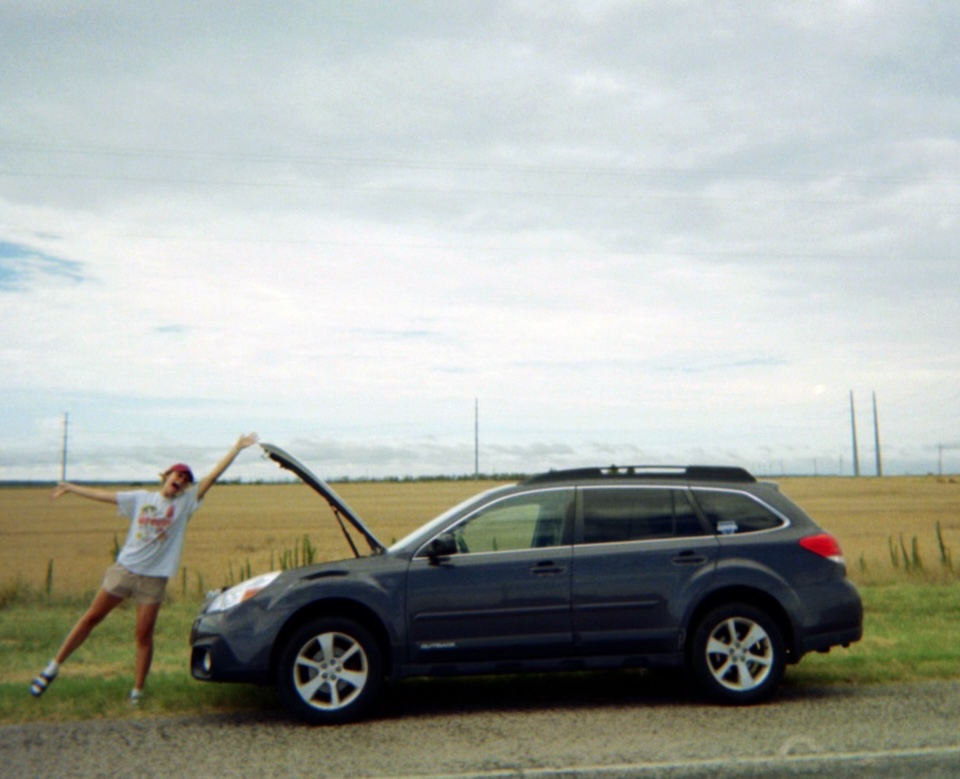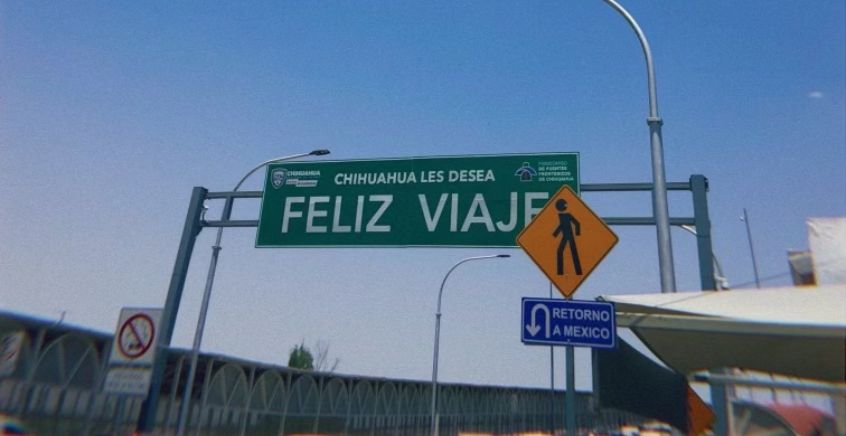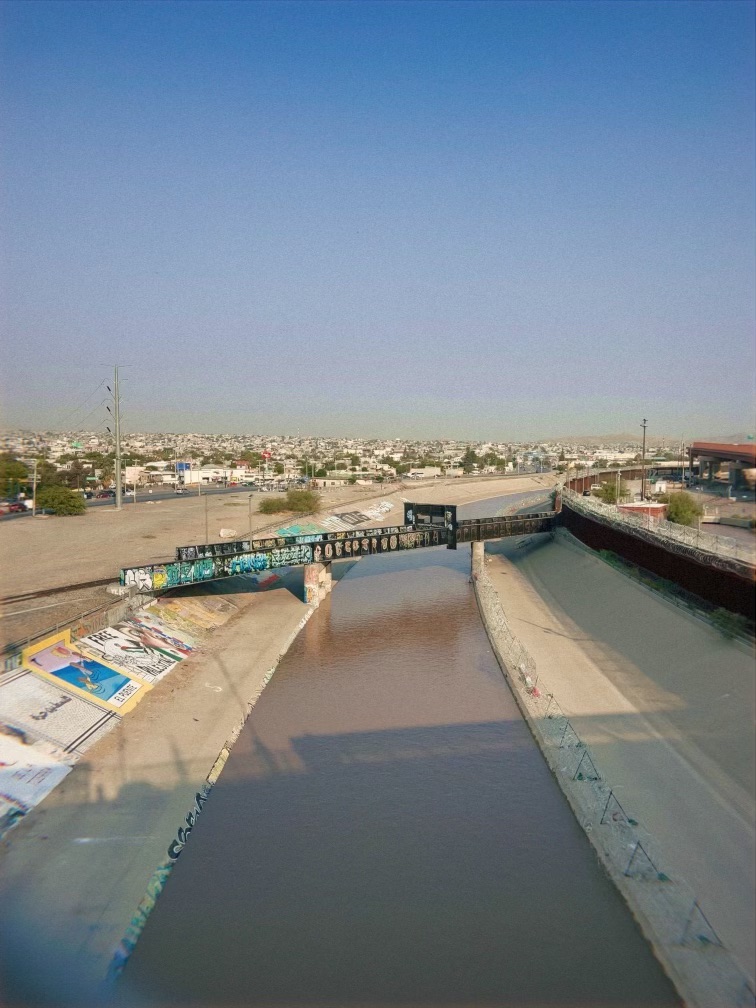Another surprising aspect of the borderlands that I quickly discovered was the way in which the border is not simply a hindrance to life in El Paso and Ciudad Juárez; rather, the border enriches and expands individual lives for those who are able to cross freely back and forth. I assumed that the tall fences looming between El Paso and Ciudad Juárez would simply be the divide between two different worlds. And for many, the border is an impenetrable barrier that has severed families, lives, and aspirations. There are countless men, women and children who wait for months, or even years, for an appointment that they hope will allow them to obtain the right documents to traverse the bridge that rises above the concrete and barbed wire. But for many who are able to cross freely, the border is a highway expanding the scope of their personal lives. Over the course of my time with Abara, I spent hours waiting in lines and walking back and forth across the Paso del Norte bridge. I was one of the many who live on one side of the border, yet cross daily for work, family, dinners, church, nights out, appointments, parties, shopping, and so much more. I was struck by how what was meant to be a stark divide functions also as an interstice that enriches lives and expands horizons.









